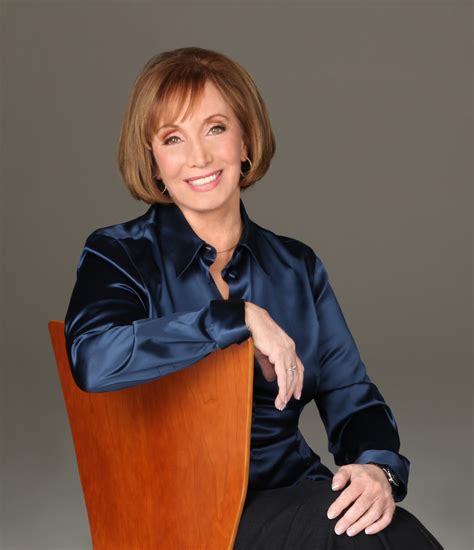A Quote by Cassandra Clare
Magnus did not take such suffering lightly, but even mortals did not die of broken hearts. No matter how cruel Grace had been, he told himself, James would heal. Even though he was a Herondale.
Related Quotes
Imagine that someone said or did something cruel to you, but that you did not react in any way whatsoever – you did not become upset, resentful or even ruffled. You simply observed that this person was saying or doing something cruel, as though you were calmly observing the scene in a movie. You simply would not be stressed by what would appear to others to be a highly stressful encounter. Stress and cruelty affect us as profoundly as they do only because we react to them resentfully.
I am brave," Will said... "Yes, you are," Magnus said, and kissed him. It wasn't the most dramatic kiss, but Will failed his free arm as if a bee had landed on him; Magnus had to hope Camille would assume this was passion. When they broke apart, Will looked stunned. So did Camille, for that matter. ... Will swung sideways...He dashed across the room, retrieved it, and tucked it into Magnus's waistcoat pocket. Then, with a wink at Camille that, Magnus thought, God alone knew how she would interpret, he sauntered out of the room.
History did not demand Yossarian's premature demise, justice could be satisfied without it, progress did not hinge upon it, victory did not depend on it. That men would die was a matter of necessity; WHICH men would die, though, was a matter of circumstance, and Yossarian was willing to be the victim of anything but circumstance. But that was war. Just about all he could find in its favor was that it paid well and liberated children from the pernicious influence of their parents.
I had a very good time when I did The Gleaners - even though the people are poor, and I was suffering to see the conditions, and plus they are not such lovely hearts. They are tough to each other, they beat each other, they are rude and they are violent and they drink. They're not sweethearts, you know, but some were so interesting.
You didn't want to die. Most mortals don't, even if they find themselves in as desolate and soul-destroying a spot as you. Almost all of those who take their own lives wish at the last moment that they hadn't. They see at the end how much they've given up, how precious life is, even when it's treated them like dirt and crushed their dreams. Many think they've passed beyond hope, but they never really have, not until they pass beyond life itself. Alas, that knowledge comes too late for most would-be-suicides and they die with regret. Very few are offered the chance that you have been handed.
In the eulogy by the graveside, I told everyone how my sister and I used to sing to each other on our birthday. I told them that, when I thought of my sister, I could still hear her laughter, sense her optimism, and feel her faith. I told them that my sister was the kindest person I;ve ever known, and that the world was a sadder place without her in it. And finally, I told them to remember my sister with a smile, like I did, for even though she was being buried near my parents, the best parts of her would always stay alive, deep within our hearts.
and even when I was broken the way sometimes one can be broken, and even though I had fallen, I found upon arising that I was stronger than before, that the glories, if I may call them that, which I had loved so much and that had been darkened in my fall, were shinning even brighter and nearly everytime subsequently I have fallen and darkness has come over me, they have obstinately arisen, not as they were, but brighter.
I had a lovely childhood. For family holidays, we went as far as the car could take us - we would drive to Florida, even though it would take three days. I didn't know we didn't have a lot of money because there was always food on the table. I didn't have a lot of stuff, but I did figure skating for a long time, and I always had my skates.
My grandfather was dying, and told the family he had decided to die. ... At that moment I wanted so badly to write and tell him that he was never going to die, that somehow he would always be present in my life, because he had a theory that death didn't exist, only forgetfulness did. He believed that if you can keep people in your memory, they will live forever. That's what he did with my grandmother.
































